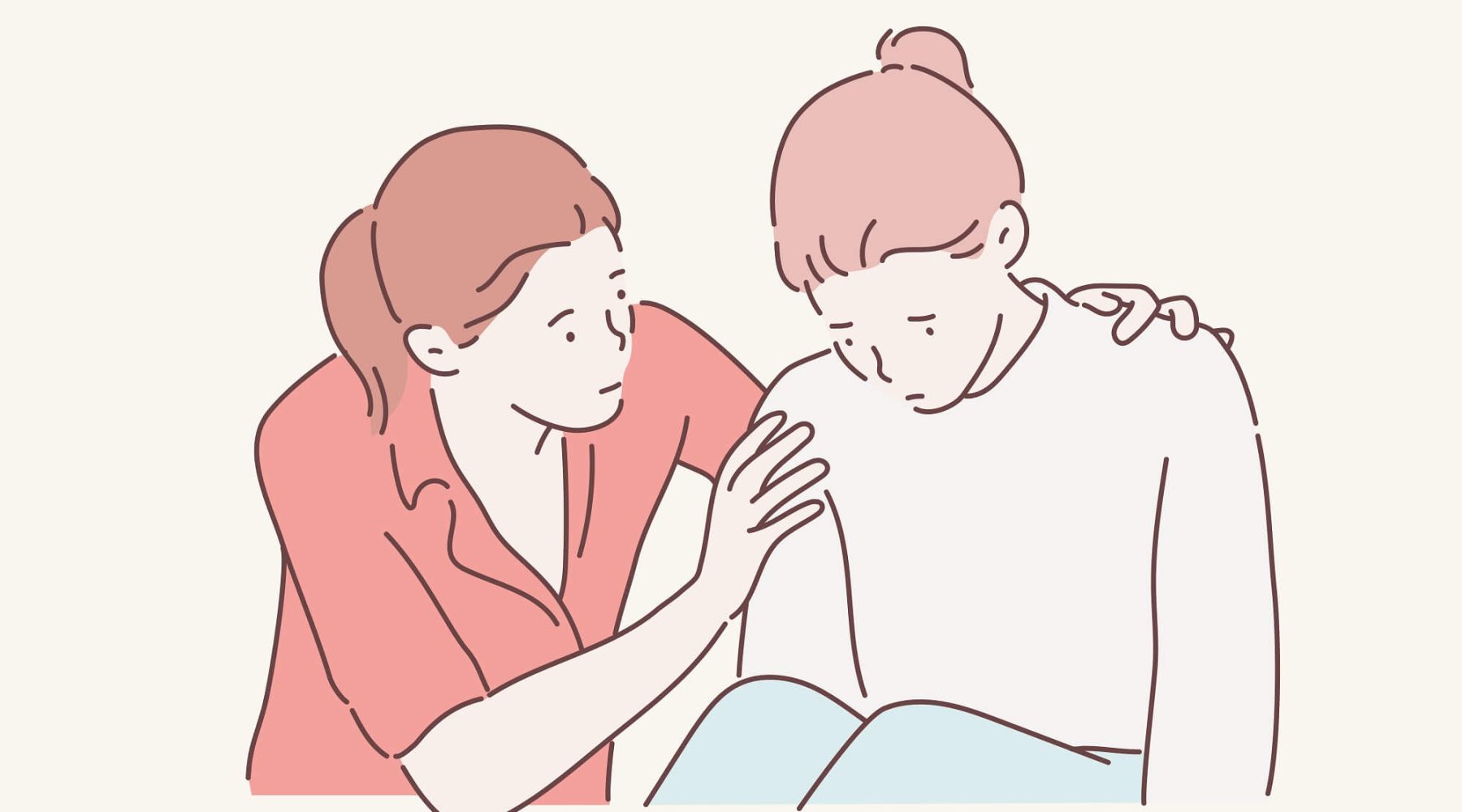
Part-time work can be great for your teen's development. But what happens when things don't work out? Careers expert Helen Green offers tips and advice on how parents and carers can help.
I frequently write about how work benefits teenagers Work – whether paid or voluntary – helps young people develop the ‘employability’ skills that will be important throughout their working life.
Recent skill shortages in industries such as hospitality and retail have produced job opportunities for more teenagers. Many businesses are now willing to hire young casual staff without experience, provided they are available and keen to learn.
However, among the many positive work anecdotes, we need to recognise some teenagers have a rough introduction to the world of work.
Provide an adult perspective
If your teenager has lost their casual job, they are not alone.
The topic is not widely talked about as there is often a level of shame associated. Yet most adults, reflecting on their early jobs, will recall at least one disappointing role or bad experience which might include losing their job.
I certainly did. It was my second job, and I was 16. I had been working for a small restaurant as a waitress for around nine months. All was going well until I asked the owner for pay slips for myself and a few co-workers. At the end of my shift, I was told not to come back and accused of smashing plates!
I was quietly furious and can still remember the sense of injustice I felt, though I was fortunate to have enough confidence and family support to successfully pursue pay owing to myself and other staff. I went on to work for a wonderful restaurant for many years until I finished university. Talk to your teenager and draw on your experience and that of others you know.
Related article: Tips for teenagers on finding that first jobThe impact of being fired on young workers
As parents or guardians, we should not underestimate the profound impact losing a first or second job can have on a young person, especially given the physical and emotional changes they are already experiencing as adolescents. Even if your child appears to laugh it off, be aware the impact can be damaging and lasting without support.
Emotional responses can vary considerably from shock, upset, anger, embarrassment and self-blame through to apathy and occasionally – relief. In my experience, being fired can be particularly tough for young people who have had minimal contact with adults other than parents and teachers, or those who are already vulnerable or lacking confidence for a myriad of reasons.
They may question their judgement and capability, and be embarrassed in front of friends, co-workers and family. I recently met with a 16-year-old who was told he will be finishing up today in front of co-workers, two of whom were boys in his year level at school. Whilst the reason for his dismissal was business related and he was the most recent hire, this was very poor form on part of this supervisor.
Also remember some students take after-school jobs in a sector related to a career they are considering working or training in during/post school and losing their job can have them questioning their decision. Parents and guardians can provide some much-needed perspective here.

Contributing factors and learning life lessons
There are typically multiple contributing factors, some of which are outside their control. This point is important.
They might include a lack of appropriate training or supervision leading to errors (especially in fast moving industries where staff shortages exist and training is minimal), miscommunication, a mismatch of skills, the teenager not asking questions for fear of looking incompetent then making mistakes and sometimes – unrealistic employer expectations.
Of course, from an employer’s perspective, decisions need to be made in the best interests of the business/organisation and some young workers perform better than others or cost the business less in terms of wages and this can lead to job loss. A 15-year-old costs a business less than an 18-year-old.
Learning experience – actions have consequences
Of course, there will be some teenagers fired for poor performance, primarily related to not taking the role seriously or not understanding the basics of work. Being continually late for work, not following instructions/arguing or repeatedly breaching the employers’ guidelines around calling in sick, taking breaks during shifts, use of mobile phones during work time etc.
Most employers will give young workers an opportunity to lift their game, but others won’t. Far less common would-be genuine misconduct
Education around employee rights and entitlements
Many young people of school age are employed on a casual basis and unaware of their rights when it comes to legal protections and entitlements. (Fair Work Australia is a good place to start). As a parent or guardian, job loss is an educational opportunity as you can help your child make sure they have received any pay or leave owing to them (if relevant).
You may need to advocate for them depending on the circumstances of their dismissal though the more they can follow up themselves, the better. Whilst most employers are supportive and train/supervise and empower their young staff, some will breach regulations or are simply unreasonable. This reflects poorly on them and their business.
Providing support and building resilience
Reassure your teenager that losing a job is not a measure of their future success. Is there anything positive they can take from the experience, even if it is the realisation, they would handle a situation differently or ask for help? Remind teenagers many people considered successful in their industry today will have had a similar experience. It is a valuable lesson about life – some jobs do not work out.
Being fired can also be an opportunity to reassess. Recently, one of my younger clients was dismissed from her job as a sales assistant after ten months. Initially upset, when reflecting on her experience, she acknowledged working in sales at this store conflicted with her personal values and may have impacted her performance. She is now working elsewhere and very happy.
I had another client who lost his first job at 15 after a month in the role. He didn’t like the job, would arrive late some days and in his words ‘slack off’. Yet at 15, losing this job came as a shock to him. He is now at university and working in a supervisory casual role, having learnt and matured.
The advice I give anyone who is going through a challenging time at work is to surround themselves with supportive friends/family and to seek psychological support if needed. Remind young people what they have achieved in school, hobbies and elsewhere and how they have conquered challenges before.
What if losing their job becomes a pattern? Delve deeper
Encourage your child to seek honest feedback from their employer and if appropriate, co-workers. Depending on their age and circumstances, speak to the employer with them. Encourage self-reflection – what was working out well and where did they experience challenges? Establish how interested they are in having a job. Do they feel ready? There may be mitigating health, education or other factors impacting their work or study at school that need addressing. As a parent or guardian, you might also help them assess if the positions they are applying for are at the appropriate level for them and see if any training or short courses would help.
Teenagers are learning about themselves and their place in the world. Conversations about careers and work can make a profound impact. We all make mistakes. Encouragement goes a long way.
(I have just watched two girls make coffee faster than I could ever imagine. It was delicious and I told them I could not have worked so fast at their age. They were thrilled).
About Helen Green
Helen Green is a careers practitioner and writer. She is Director of Career Confident in Melbourne’s South Eastern suburbs. Helen is a professional member of the Career Development Association of Australia.
She is a regular contributor to The Parents Website.



